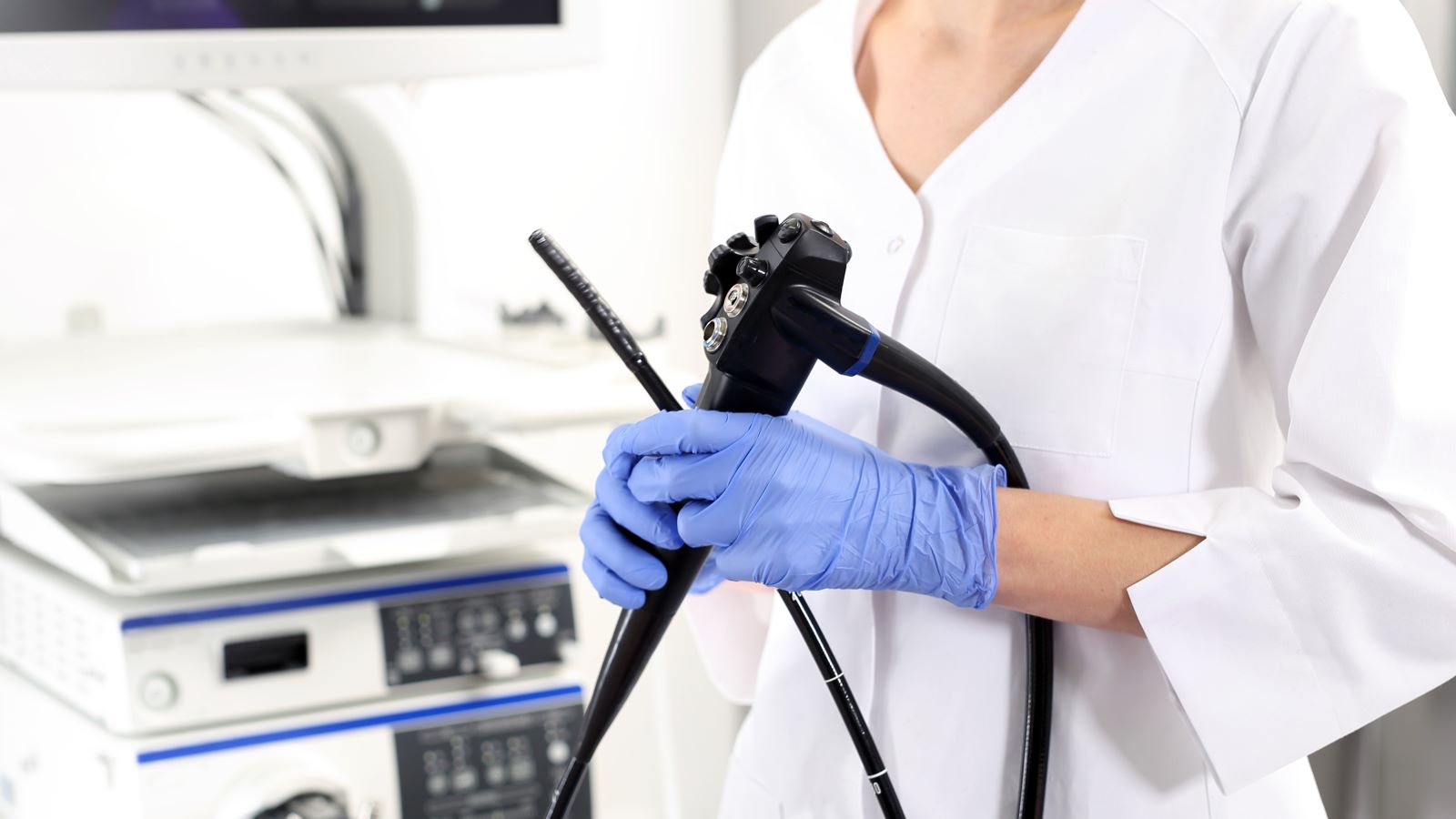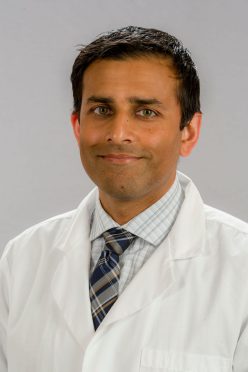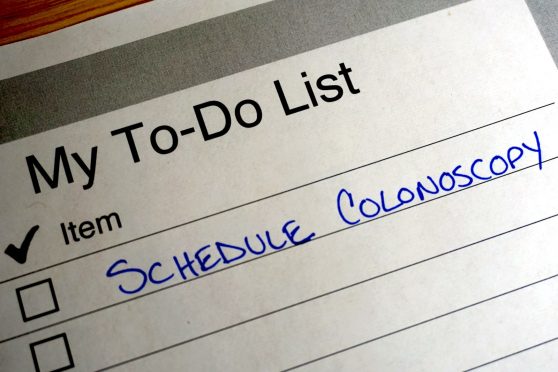It’s one of the most common – and deadliest – cancers, but most people know very little about colon cancer.
“Colon cancer rates vary geographically but we have a higher incidence in North America,” notes Ajay Ranade, MD, a surgeon with the Hartford HealthCare Digestive Health Institute in Torrington.
Colon cancer – along with breast, lung and prostate cancers – account for half of all new cases in this country, and about half of cancer-related deaths.
Here are six things that everyone should know about colon cancer, according to Dr. Ranade.
1. If you’re Black, Native American or a man, you’re a higher risk.
Black Americans have the highest rate of colon cancer diagnoses and deaths of all ethnic groups, followed by Native Americans.
And if you’re male, you’re 20% more likely to have colon cancer during your lifetime than your female counterparts.
2. The risk of colon cancer increases with age.
As with many cancers and diseases, your risk rises with your age.
But more and more younger people are diagnosed with colon cancer, says Dr. Ranade.
“It is not a diagnosis exclusive to the older population,” he says.
> Related: What Not to Eat After a Colonoscopy
3. Some risk factors we can control. Others we can’t.
Unfortunately, many risk factors are beyond our control, including:
- Aging
- Family history (especially in first- or second-degree relatives)
- Conditions like cystic fibrosis and inflammatory bowel disease
- History of abdominal radiation
But Dr. Ranade suggests focusing on risk factors you can change, such as:
- Obesity
- Alcohol consumption
- Smoking
- Uncontrolled diabetes.
“There are also studies showing red and processed meat can elevate risk of colon cancer,” he adds. “Everyone should also prioritize regular physical activity and following diets that are higher in fruits, vegetables and dietary fiber.”
> Want more health news? Text StartHere to 85209 to sign up for text alerts
4. Colon cancer usually develops over time.
The general timeline for most cases of colon cancer is gradual and slow, Dr. Ranade says.
“This speaks to the importance of regular medical checkups and surveillance, since we know early detect and removal of polyps in the colon can be curative before cancer even develops.”
5. The earlier it’s caught, the better treatment works.
The type of cancer you have and how far it’s progressed has a big impact on the likelihood of positive outcomes, including survival and long-term remission.
“Less aggressive or less advanced cancers have better long-term outcomes,” Dr. Ranade says.
6. And colonoscopy is the best way to catch it early.
The screening can spot the disease before patients have any symptoms or changes in health, he continues.
Colonoscopies are recommended for everyone starting at age 45 (and earlier if you’re at higher risk). And if there are no concerns, you may not need another one for 10 years.
This is when it’s time to see a doctor.
In addition to following the recommendations for colonoscopies, Dr. Ranade stresses that people should “pay attention to their body and be their own advocate.”
That means looking for symptoms like:
- Change in bowel habits
- Rectal bleeding
- Abdominal pain, although it’s relatively uncommon
- Iron-deficiency anemia, found on regular bloodwork



